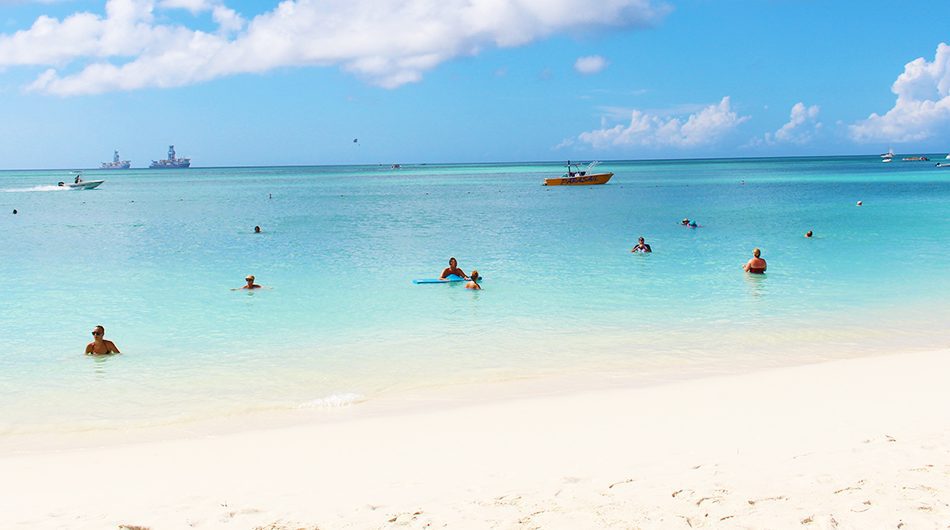
What can only be described as a battle royal to bring the ‘home sharing platform’ Airbnb into line with the traditional compliant taxpaying alternative accommodation providers is intensifying in the United States. In a recent report by AllTheRooms it is estimated that about US$440 million in tax would be payable if Airbnb had collection agreements with all 50 of the US states. The tax for one state alone, New York, is estimated at US$110 million based on revenue generated by Airbnb bookings. This is more than double the next highest tax bill in Hawaii at US$51 million.
These figures are based on the standard hotel tax rates currently collected in each municipality.
While New York Governor Andrew Cuomo has signed into law a bill that’s steps up enforcement against Airbnb hosts who violate short-term rental statues, the company is fighting back with a second law suit within four months against New York and officials of the city and state. Airbnb alleges, among other things, that the law violates its hosts’ rights to free speech and is ambiguous about whether Airbnb or its hosts would be liable for any violations.
It is clear that the Governor has some support, one travel trade publication recently highlighted a large sign as you entered a residential tower block in that city which boldly advised ‘Airbnb – renting is illegal in this building. If you rented through Airbnb you must leave this building or you will be escorted out by the police’.
For those of you unfamiliar with the website AllTheRooms.com, it searches many of the established accommodation platforms like booking.com, Expedia, Groupon, Hotwire, Jetsetter plus Airbnb, but also includes lesser known sites like Couchsurfing.
To put this in perspective, I put ‘Barbados’ into the search engine for two persons staying one week from 21st November and up popped a staggering 6,615 accommodation choices, or a mind boggling 40 lodging options per square mile.
Its mission statement boasts ‘Every room – Everywhere’ and from ‘Couch to castle – we’ve got your spot’ and perhaps most blatant of all ‘bringing you every room on the planet’.
This is the reality of doing business today and the question still remains, just how much longer Barbados as a destination can continue not to reap the full benefits of a level playing field tax collection?
While individual states within the US may eventually find ways of extracting proportional and comparable taxes from Airbnb, we simply lack the lobbying ability and frankly the creditability within the Caribbean to achieve those goals.
When Governments’ grant unilateral tax concessions to a single tourism player, which is then further negatively impacted by the majority of the generated revenue from that property remaining offshore, what moral argument can it raise or object to, when smaller players are simply trying creative ways to pay their bills?
It is really similar to why we failed so dismally to persuade the British authorities to eliminate the Advanced Passenger Duty (APD). How could you challenge the imposition of the tax, when at the same you were levying 17.5 per cent VAT on air travel, when that figure in many cases was higher than the APD? Would ‘we’ have been happier if the Brits imposed their 20 per cent VAT rate on all outgoing air fares, substantially increasing the cost of travelling to Barbados?






The blogmaster invites you to join the discussion.